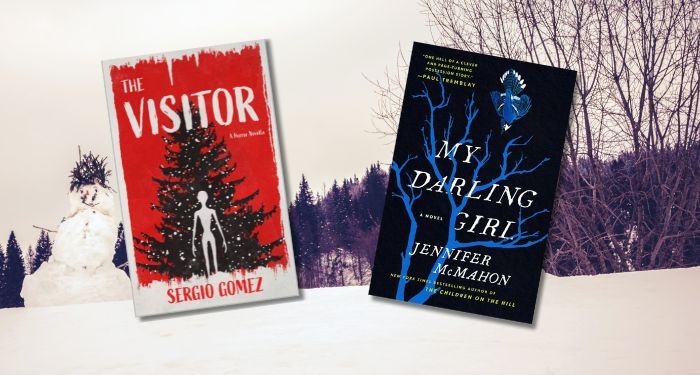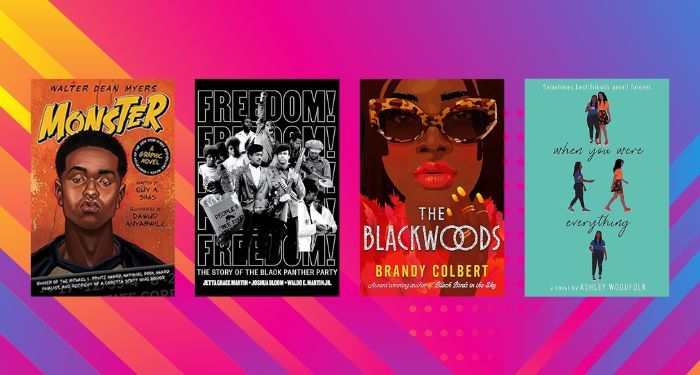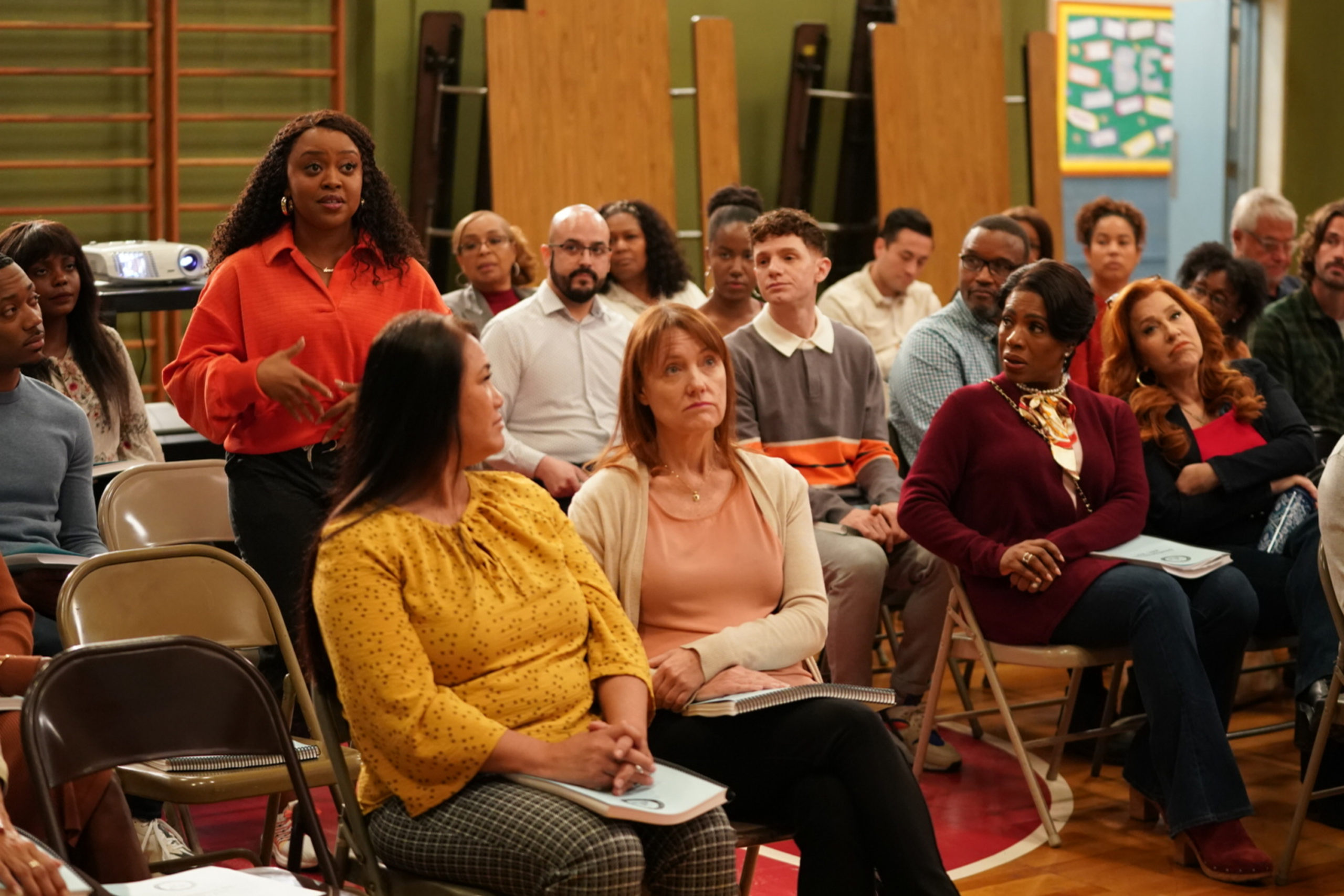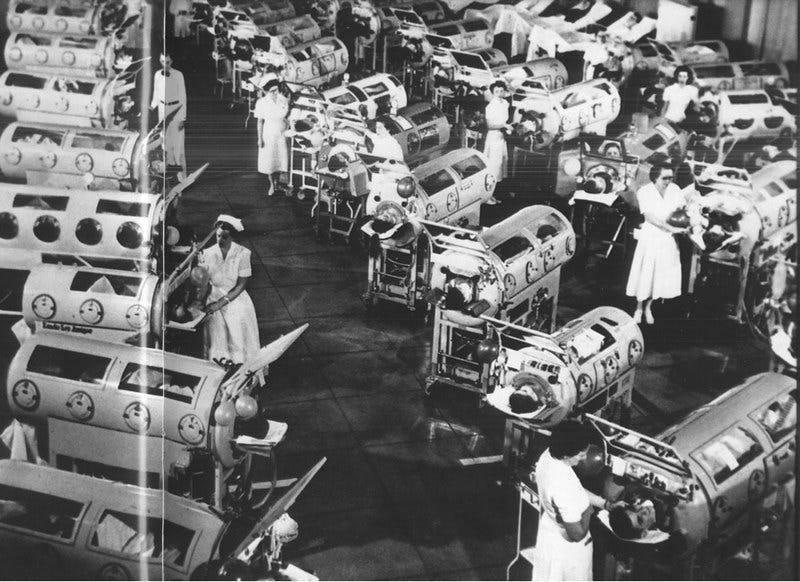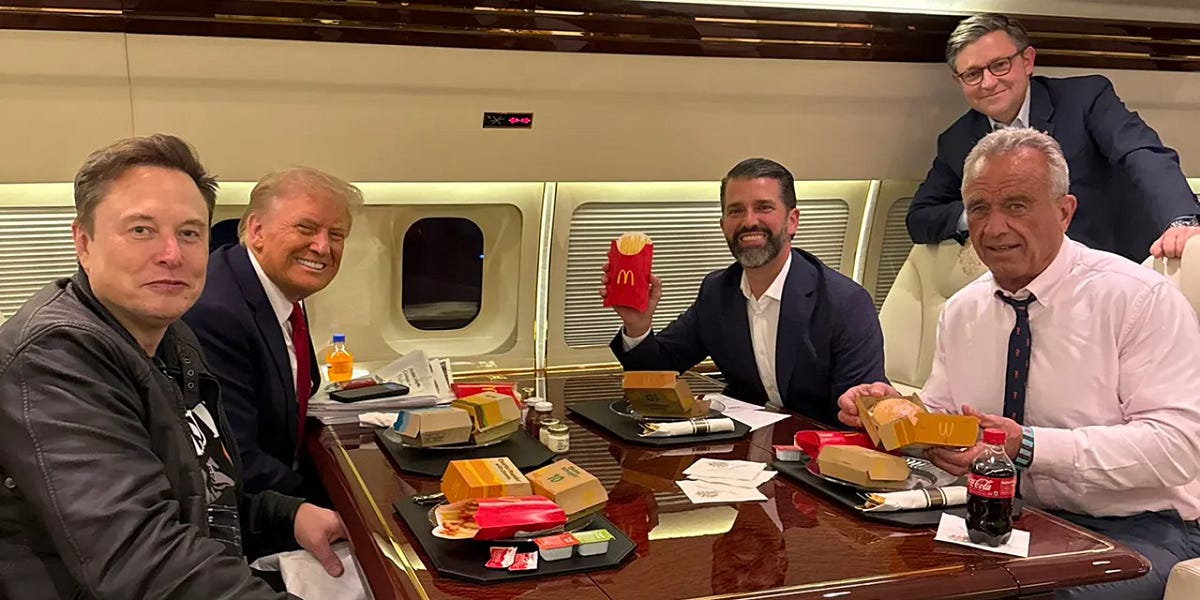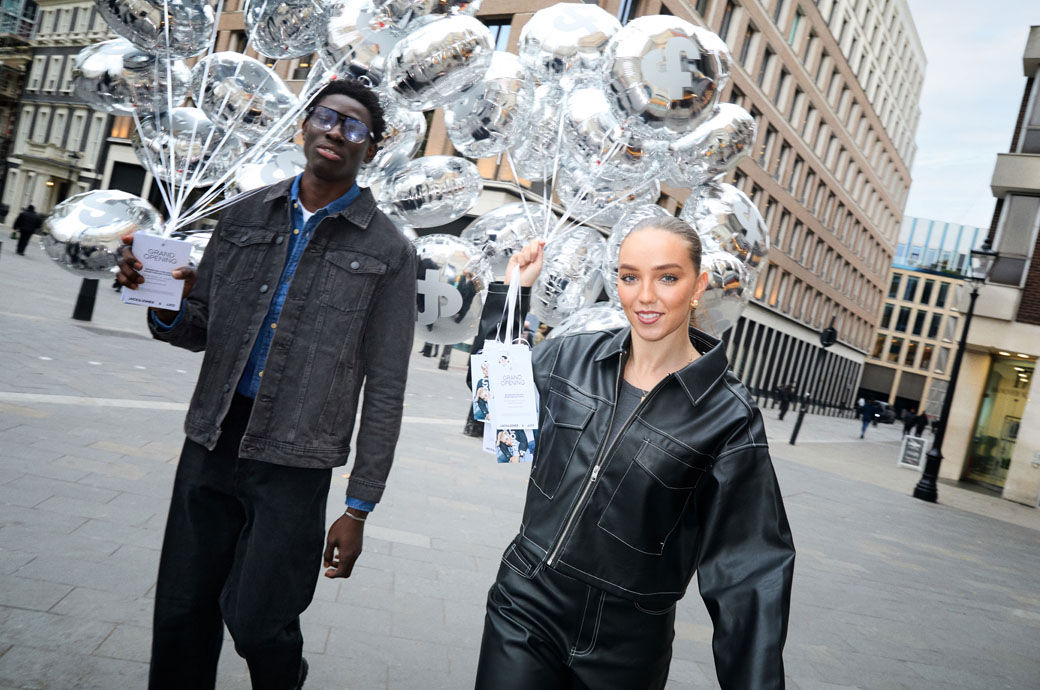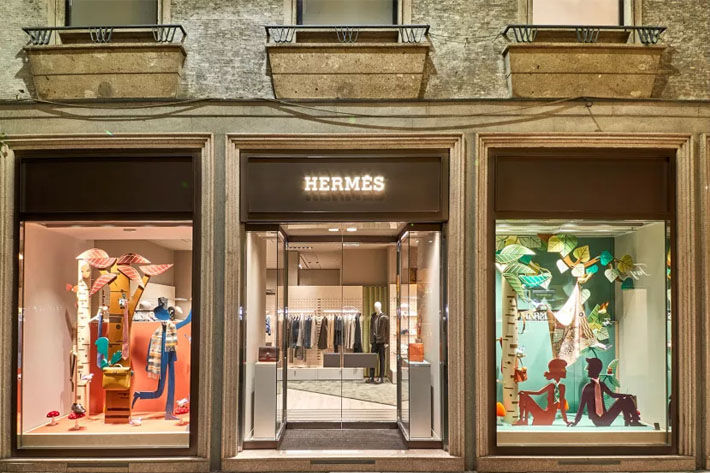Everything about the backstory of Hassmann’s feature is inspiring, especially to independent filmmakers who commit one hundred percent to their vision, whatever it may be. Unfortunately, the result is one of those films that just doesn’t work. Even for a picaresque plot comprised of incidents and moments, it’s a flat and disjointed effort that lurches forward and stops and lurches forward again throughout its brief running time—a labor of love that doesn’t deliver.
The over-reaching production values are characterized by unconvincing green-screen work, which might possibly have been converted from a liability to an asset if the movie had leaned into the chintziness and gone for something more “storybook.” The actors (including the late Peter Bogdanovich as an alcoholic manager at the hotel where Greta stays, and Blaine Gray as Duke, a good-hearted Elvis impersonator) are stuck playing cartoony, cardboard-cutout, indie-movie Americana “types,” defined by one or two traits. The humor seems to want to be bubblegum sweet and bitingly satirical at the same time, impulses that cancel each other out.
It might have worked in spite of itself if Hassmann’s performance were powerful enough to gather it all up and unify it through sheer originality and energy. But while she’s an attractive, likable, sympathetic lead, there’s no discernible comic point-of-view to her performance, and her physical resemblance to Madeline Kahn circa-1970s doesn’t do her any favors. You may find yourself imagining what a brilliant, constantly surprising performer like Kahn, or a modern equivalent like Kristen Wiig, or an unknown who was more of a dynamo, might have done instead.
Or perhaps not. The character of Greta is narratively a zero, drifting from one disaster to the next, whether she’s accidentally setting her husband’s house on fire during her nighttime escape or hiding the nest-egg of Euros she took from him under a motel mattress only to wake up to find that it was stolen following a drunken escapade with a strange man.
Naive blank-slate protagonists like Gulliver, Candide, Forrest Gump and Barbie were at least supported by a storyteller’s unified architecture and focused drive. This film keeps genuflecting towards a more cartoonishly “big” mode, leaving Greta abandoned on the side of a highway and having her seem to drop out of the sky in front of bewildered onlookers and so forth. But although it obviously appreciates that type of slapstick, it doesn’t know how to execute it in a way that sells it, so the result is more cringe-inducing than hilarious or charming. And in the end, it’s hard to say what its opinion is of America, Germany, marriage, the role of pop culture iconography in shaping personalities, or anything else might be. Is this a satire? It carries itself as if it has something to say. But what?
The CinemaScope-dimension imagery, credited to Marco Cappetta and Alexa Ihrt, is the second best thing about the film, although there are moments when it overwhelms the slightness of what’s onscreen. The best thing about the movie is the near-nonstop use of snippets of Willie Nelson’s music, but you could create that on your own with a playlist, were you so inclined.
“Willie and Me” is made from love and a dream. I’ve rarely rooted harder for a movie to succeed or been sadder when it didn’t.





















































